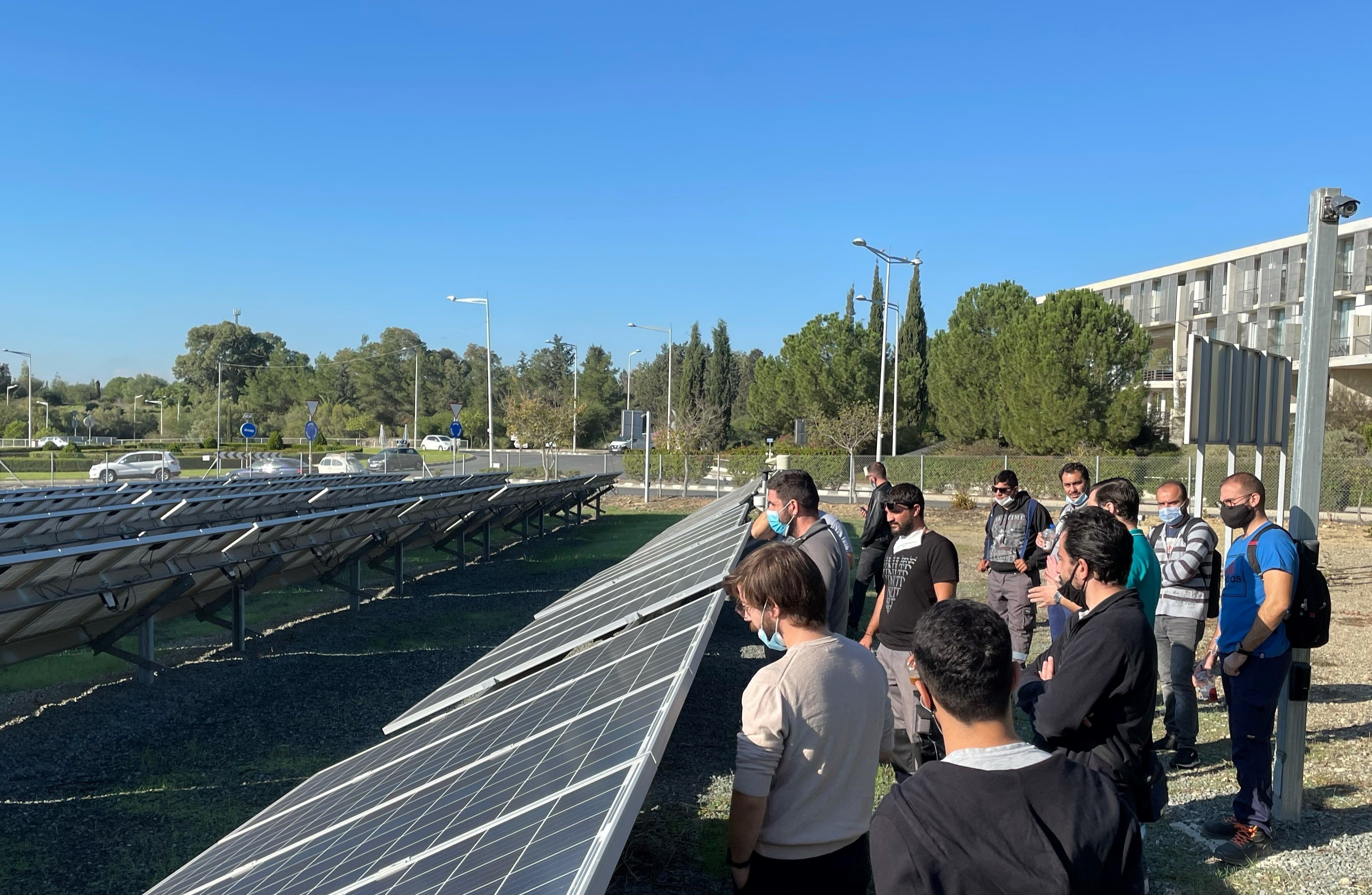
PV System Designer and Installer - Practical Part
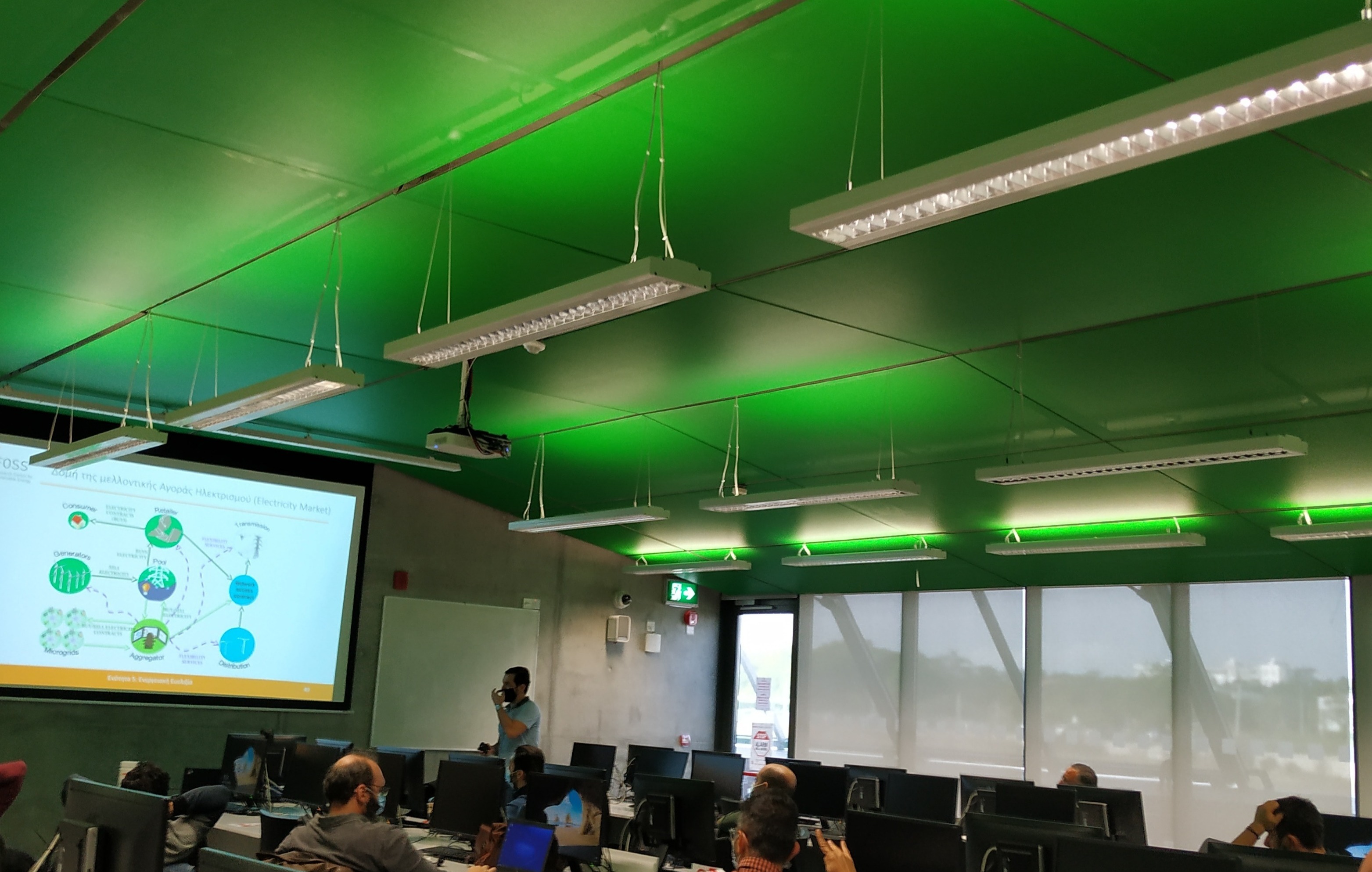
Battery Course - Theoretical Part
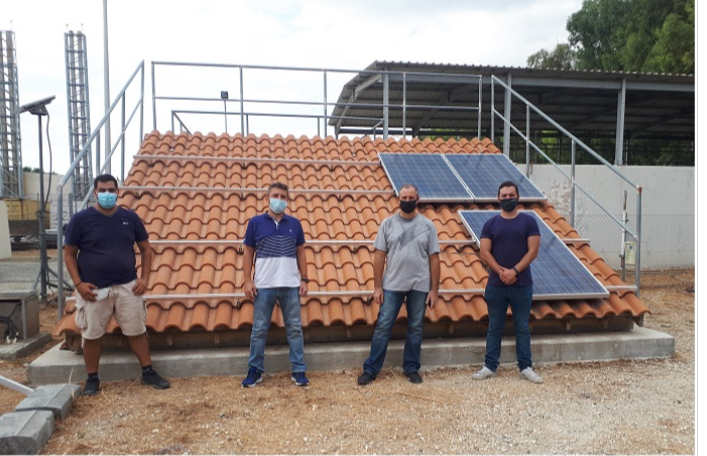
Driven by the vision that education has an ever more important role in propelling climate action and most importantly prepare our future generations to be resilient to the unprecedented changes, the PV Technology Lab of FOSS Research Centre for Sustainable Energy has placed it high on its priority list. The PV Technology Lab has intensified its efforts to shape the wide range of educational activities it offers.
As climate change and energy security is an intergenerational and multifaceted problem, it has tailored its educational courses to meet a variety of people of different age groups, educational backgrounds, and a cross-section of topics. The PV Technology Lab currently offers undergraduate and postgraduate courses, vocational training, internships and educational visits, on topics such as smart grids, renewable energy sources and nearly zero energy buildings. The PV Technology Lab strives to continue to acquire and disseminate knowledge.
Members of the PV Technology Lab provide teaching to students of the University of Cyprus, at undergraduate and postgraduate level. In addition, for masters projects, students receive guidance from the faculty of the PV Technology Lab of FOSS Research Centre for Sustainable Energy. The PV Technology Lab also provides vocational training courses to professionals on energy issues.
PV System Designer and Installer
This course covers theoretical and practical aspects for trainees to develop skills and understanding on the design and installation of both stand-alone and grid-connected photovoltaic (PV)systems alongside with innovative topics such as self-consumption, smart meters and storage. The main topics covered throughout the course include initial site assessments of the installation area using site-survey equipment, the risk assessment analysis, system design, installation and basics of commissioning, maintaining and troubleshooting PV systems.
Emphasis will also be given to all the requirements of a grid-connected PV system according to all related international standards with main focus the design qualification and type approval requirements of terrestrial PV modules, as outlined in IEC 61215 and 61646. The general performance testing requirements according to IEC 62446 will also be defined.
Candidates will have the opportunity to operate professional state-of-the-art equipment (located only in a few places globally) and to be trained by worldwide renowned personnel. Participants upon completion, can register to the registry of the Ministry of Energy.
Energy Storage: Diverse Role in the Modern Electricity Network
This course covers theoretical and practical aspects for trainees to develop skills and understanding on Energy Storage and specifically, as regards to home systems. It includes the design, installation and operation of Energy Storage Systems integrated in buildings combined with Renewable Energy Systems and specifically, Photovoltaic (PV) systems.
Additionally, the programme is introductory to Energy Communities and the integration of Battery Energy Storage Systems according to the recent European legislative framework. Last, but not least, the programme provides an introduction to the Smart Grid and the various services that the Energy Storage Systems can offer to the Smart Grid.
The program is aimed mainly at companies or organizations that focus on the acquisition of vocational training skills for their staff on the Energy Storage Systems, so that these skills will be of use for the company/organization in order to attract new clients and to lay the foundations for their future work in the rapidly expanding sector of Energy Storage, according to the recent legislative framework on Energy Storage Systems in Cyprus.
*UPCOMING Course in December 2022: Contact us for more information on +357 22894321 or pvtech@ucy.ac.cy
Fundamentals of Nearly Zero Energy Buildings
This course covers theoretical and practical aspects of building integrated photovoltaics (BIPV) in the realm of nealry zero energy buildings(NZEB).
The objective of the course is to train participants in NZEB strategies and technologies in order to accelerate the adaptation of the recast EU Energy Performance in Buildings Directive (EPBD), which includes the obligation for all public buildings constructed after the 31st December2018 and all buildings constructed after the 31st December 2020 to meet the EPBD NZEB standard.
Fundamentals of Building Integrated Photovoltaics
Building-integrated photovoltaics (BIPV)is currently an expansive market. One of its main drivers is the increasingly demanding legislation related to energy performance in buildings. Renewable energy technologies, and in particular the integration of photovoltaic systems in the building environment offer many possibilities to play a major role within the Nearly Zero Energy Building (NZEB)scenario. The program provides the necessary theoretical and practical background for the operation, design and installation of new technologies of Photovoltaic (PV)systems integrated in the building shell, thus covering the great need of companies for specialized services in the field of PV systems installations, so that the skills that will be acquired will be used to attract new customers and lay the foundations for their future work in this rapidly growing field.
Commissioning tests and inspection according to EN 62446 standard
Ensuring the long-term quality and safety of a PV system is a necessary requirement in order to assure the best performance and to minimize risks of failure. In addition, the periodic verification of system performance is of utmost importance so as to check whether the system complies with warranty and equipment guarantees, minimizing in this way investment risks. This course covers theoretical and practical aspects for trainees to develop skills and understanding on the minimum requirements for documentation, commissioning and inspection of grid connected PV systems according to IEC 62446.




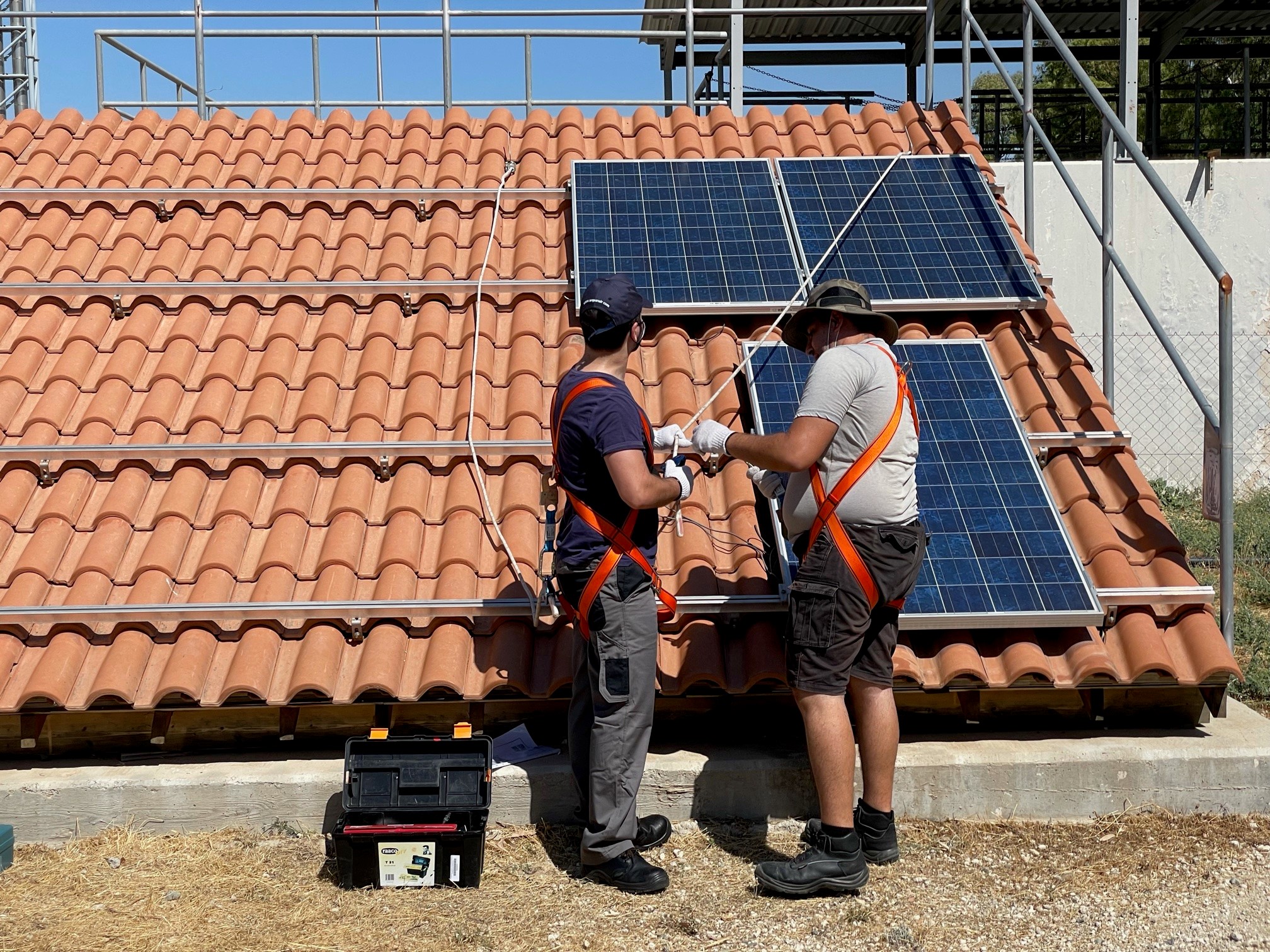

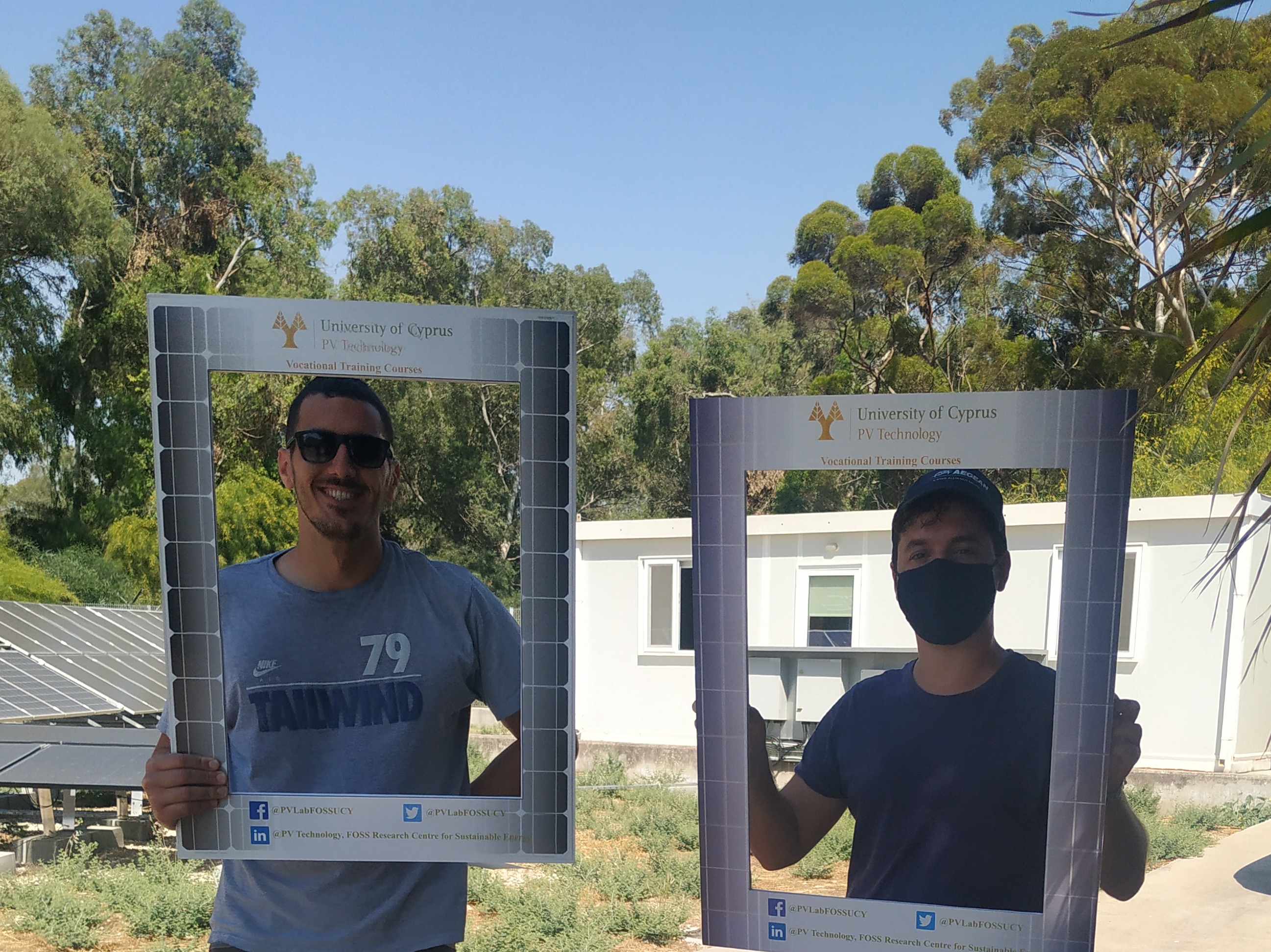
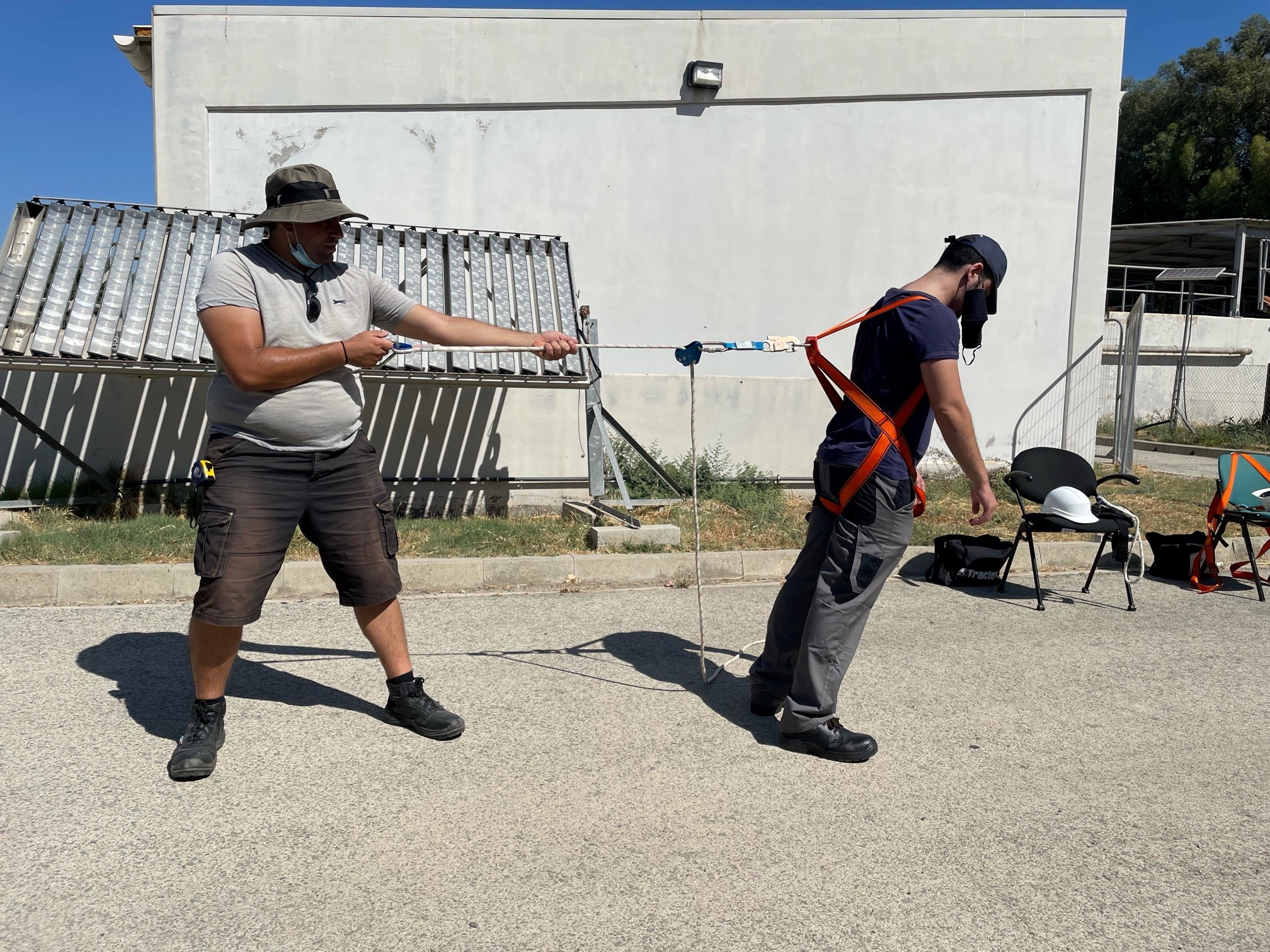
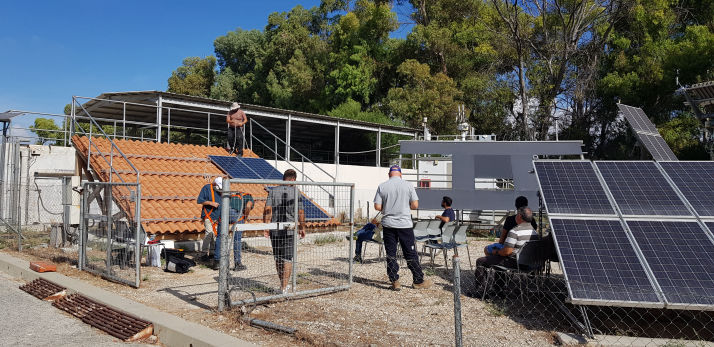

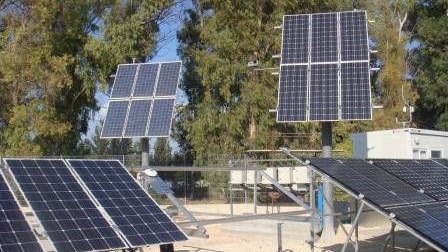

Make a free site with Mobirise